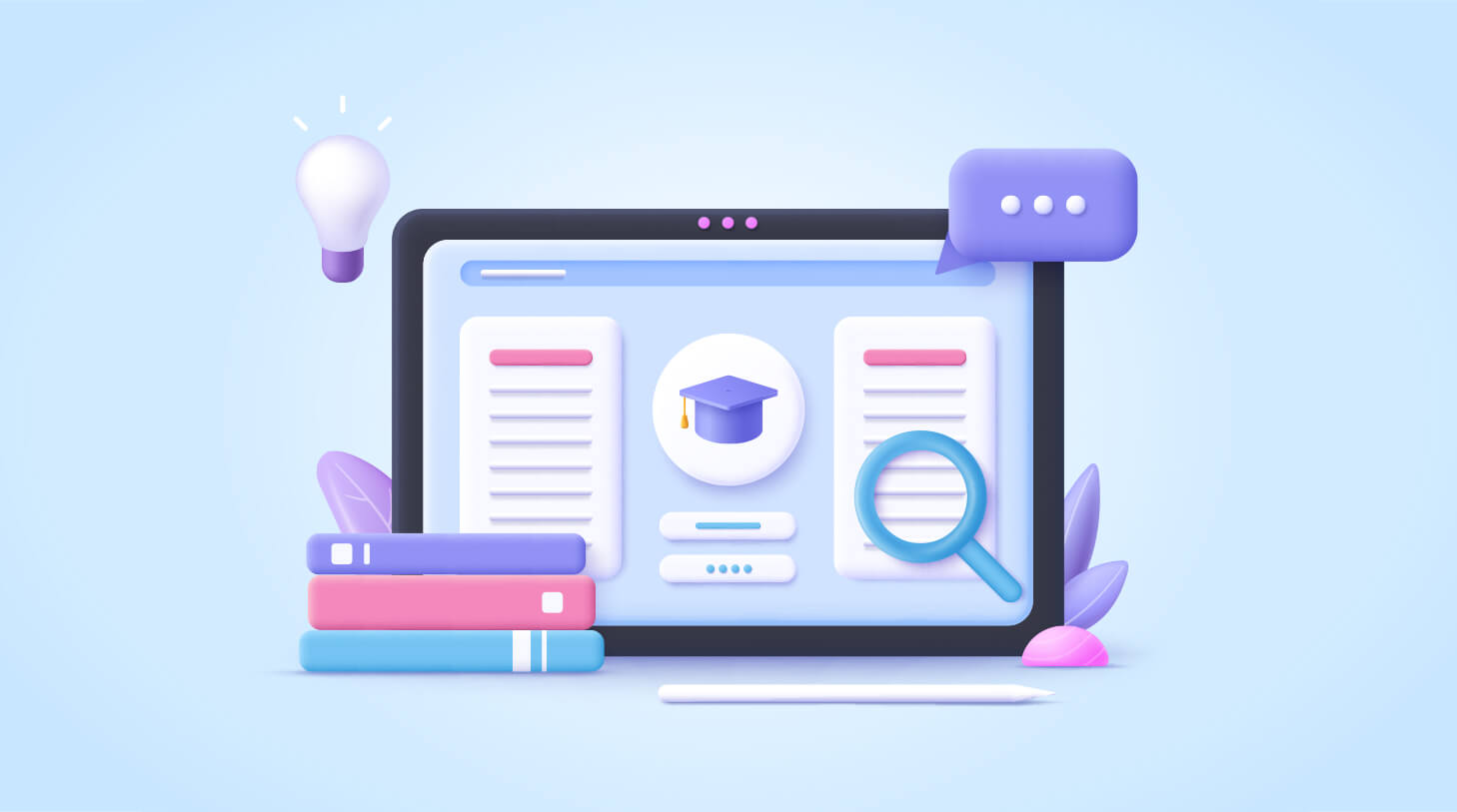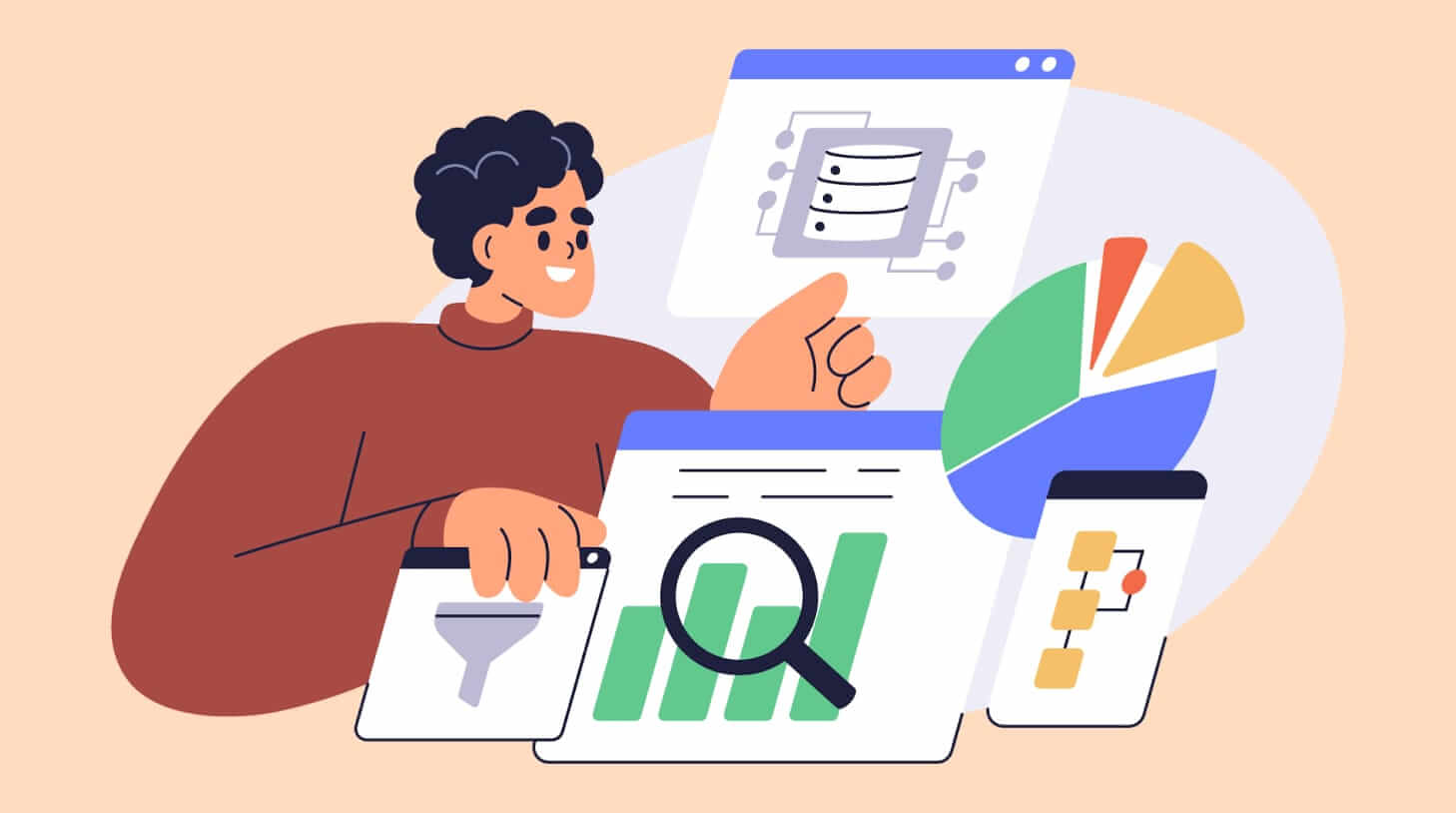Upskilling opportunities for HR pros in the AI revolution
No longer confined to traditional practices, HR now stands on the cusp of a technological renaissance, promising efficiency, innovation, and strategic prowess. AI presents opportunities for enhancing HR practices and ensuring organizational competitiveness in the digital age. And it all begins with your upskilling.

AI’s integration into HR processes is not just a futuristic concept, nor is it akin to the Roko’s basilisk experiment, but rather a present reality brimming with opportunities for you and your team.
From automating routine tasks to facilitating data-driven decision-making, AI empowers HR professionals to transcend traditional boundaries and embrace a strategic role.
Learning and development (L&D) teams recognize this shift. According to the LinkedIn Executive Confidence Index, in the next six months, nine out of 10 global executives plan to either increase or keep steady their investment in L&D, including upskilling and reskilling.
Moreover, 60% of CEOs acknowledge the positive ripple effect of robust upskilling programs on company culture and revenue projections, underscoring the organizational benefits of embracing AI.
As we move further into the AI revolution in HR, the focus sharpens on the specific upskilling opportunities for HR professionals that promise to redefine the role of HR professionals in this new era.
Essential AI skills for HR professionals
Here are some helpful skills you need to have or update in order to boost your productivity in the HR field.
1. Data analytics
Mastery in data analytics is no longer optional; it’s crucial for making informed decisions that drive talent acquisition and retention. As AI reshapes the landscape, HR professionals must also become proficient in automation and Robotic Process Automation (RPA), streamlining processes and enhancing efficiency.
This skill is crucial for identifying trends in employee performance, predicting turnover, and understanding the efficacy of HR policies.
Mastery in data analysis means HR can forecast hiring needs, tailor retention strategies, and build a more engaged, productive workforce. The ability to sift through data and derive meaningful insights is no longer a nice-to-have but a must-have in the toolkit of modern HR professionals.
Automation in HR not only accelerates tasks like payroll processing and benefits administration but also minimizes errors, freeing HR professionals to focus on more strategic initiatives.
Understanding and deploying RPA means transforming the HR function into a more agile and strategic partner in the business, capable of delivering more value with less effort.
2. Ethical AI use and bias mitigation
In the realm of AI, ethical use and bias mitigation are paramount. HR professionals are at the vanguard, ensuring that AI tools are implemented in a way that is fair and inclusive.
This involves scrutinizing AI applications for inherent biases, promoting transparency in AI decision-making processes, and advocating for the ethical collection and use of data.
By championing ethical AI, HR not only safeguards organizational integrity but also fosters a culture of trust and fairness.
3. Formal education and certification programs
The urgency for reskilling is clear, with the World Economic Forum reporting that 50% of all employees will need new skills within the next five years.
As the demand for AI-savvy HR professionals grows, so does the availability of formal education and certification programs designed to upskill HR practitioners.
These programs, ranging from online courses to full-blown certifications, cover essential topics like data analytics, machine learning, and ethical AI use.
Investing in formal education not only enhances an HR professional’s skill set but also positions them as a strategic asset within their organization, ready to lead in the AI era.
HR professionals can stay ahead through formal education and certification programs, particularly those focusing on AI.
Lastly, 93% of Millennial and Gen Z workers expect employers to provide learning opportunities. With Millennials set to make up 75% of the U.S. workforce by 2030, catering to their expectations for on-the-job training is crucial for retention and organizational growth
With these generations set to dominate the workforce, offering regular upskilling programs can significantly impact retention and attract top talent, ensuring that organizations remain competitive in the rapidly changing business environment.
Related: Learning & Development trends: There’s no one size fits all, reports say
4. On-the job training
Practical, hands-on experience with AI tools and platforms is invaluable.
Many organizations now offer on-the-job training programs that allow HR professionals to learn by applying AI technologies to real-world HR challenges.
This experiential learning approach helps demystify AI, encouraging innovation and experimentation within the safe confines of the organization. It’s a powerful way to build confidence and competence in using AI to solve everyday HR problems.
The significance of on-the-job training is underscored by a study from MIT Sloan School of Management, which found a 250% return on investment from soft skills training within just eight months.
Envision the significant ripple effects of equipping the workforce with AI expertise, empowering them to reduce time spent on manual tasks and amplify overall productivity. This shift transcends the HR realm, resonating across all facets of the organization.
5. Networking and professional development
Staying abreast of the latest AI trends and best practices in HR requires active engagement with the broader HR and tech communities.
Networking events, professional associations, and HR tech conferences provide invaluable opportunities for HR professionals to exchange ideas, learn from peers, and discover new technologies.
This ongoing professional development is crucial for HR professionals looking to leverage AI effectively, ensuring they remain at the cutting edge of HR innovation.
Work smarter, not harder
In the busy world of HR, professionals have to handle lots of tasks quickly. Education helps them share important knowledge with the whole company. But here’s where things get tricky.
Many think that working harder is the only way to get things done. But the real trick is working smarter, not harder. How? By using HR tools with AI, like Workable HR software. These tools are easy to use and help HR pros make the most of technology.
By using these tools, HR folks can make their work easier and get better results. It’s like having a secret weapon that helps them do more with less effort, moving the whole company forward faster.
For HR professionals ready to lead in this new era, the path forward is clear: invest in learning, adapt with innovation, and commit to ethical practice, thus steering the future of work towards a horizon brimming with potential.
Frequently asked questions
- How many companies have actually seen job displacements due to AI?
- Despite the prevalent fear of job losses, only 22.7% of companies reported many job displacements, while a larger fraction experienced minor impacts or none at all, highlighting a trend towards job evolution rather than elimination.
- Are some industries more affected by AI-induced job worries than others?
- Industries vary in their experience, with construction leading in job displacement concerns. Interestingly, sectors like retail and education report lower impacts, suggesting that AI's effect is not uniformly felt across the board.
- What does the future hold for jobs in the AI era?
- The future is leaning towards adaptation and skill evolution. Experts like Trevor Bogan advocate for learning and integrating new AI technologies, indicating a shift in job roles rather than a reduction in employment opportunities.
- What percentage of companies have not seen any job displacements due to AI?
- Over one-third of companies (36.5%) reported no known job displacements as a result of AI, suggesting that the fear of job loss may be overstated compared to actual occurrences.
- How does the perception of AI and job loss vary by industry?
- Perceptions of AI's impact on jobs differ significantly across industries. While construction workers report higher displacement rates, sectors like retail and education are less likely to witness job changes, indicating industry-specific responses to AI advancements.







